 RightsCon is an annual conference that focuses on awareness-raising, organising, and advocacy on global issues at the intersection of technology and human rights. The event is produced by the international nonprofit organization AccessNow. RightsCon participants include members of digital rights organisations, legal experts, civil society, government, and business representatives. Creative Commons, Mozilla, and the Wikimedia Foundation organized a panel discussion on the work being done to reform the European Union copyright rules...
RightsCon is an annual conference that focuses on awareness-raising, organising, and advocacy on global issues at the intersection of technology and human rights. The event is produced by the international nonprofit organization AccessNow. RightsCon participants include members of digital rights organisations, legal experts, civil society, government, and business representatives. Creative Commons, Mozilla, and the Wikimedia Foundation organized a panel discussion on the work being done to reform the European Union copyright rules...
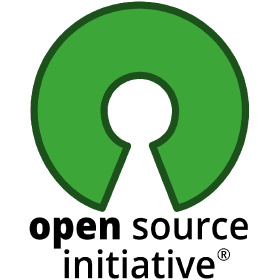 Open Source Initiative (OSI), the non-profit corporation that educates about and advocates for the importance of non-proprietary software, is hosting its 2nd Deep Dive: AI event, this one focused on Defining Open Source AI. The goal is to work toward establishing a clear and defendable definition of “Open Source AI.” OSI is bringing together global experts to establish a shared set of principles that can recreate a permissionless, pragmatic and simplified collaboration for AI practitioners, similar to what the Open Source Definition has done.
Open Source Initiative (OSI), the non-profit corporation that educates about and advocates for the importance of non-proprietary software, is hosting its 2nd Deep Dive: AI event, this one focused on Defining Open Source AI. The goal is to work toward establishing a clear and defendable definition of “Open Source AI.” OSI is bringing together global experts to establish a shared set of principles that can recreate a permissionless, pragmatic and simplified collaboration for AI practitioners, similar to what the Open Source Definition has done.
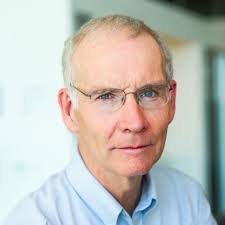 Shrinking school budgets and growing interest in open content has created an increased demand for open educational resources. According to the FCC, "The U.S. spends more than $7 billion per year on K-12 textbooks, but too many students are still using books that are 7-10 years old, with outdated material." There is an alternative: openly licensed courseware. But where do you find this content and how can you share your own teaching and learning materials? This month I've rounded up a list of seven open educational resources for K-12 and higher education...
Shrinking school budgets and growing interest in open content has created an increased demand for open educational resources. According to the FCC, "The U.S. spends more than $7 billion per year on K-12 textbooks, but too many students are still using books that are 7-10 years old, with outdated material." There is an alternative: openly licensed courseware. But where do you find this content and how can you share your own teaching and learning materials? This month I've rounded up a list of seven open educational resources for K-12 and higher education... Today, the Cancer Moonshot is hosting a summit at Howard University, in Washington, D.C. as part of a national day of action that also includes more than 270 events in communities across the United States. Vice President Joe Biden will join over 350 researchers, oncologists and other care providers, data and technology experts, patients, families, and patient advocates, among others, will come together at Howard University. They will be joined by more than 6,000 individuals at events in all 50 states, Washington, D.C., Puerto Rico, and Guam. This is the first time a group this expansive and diverse will meet under a government charge is to double the rate of progress in our understanding, prevention, diagnosis, treatment, and care of cancer...
Today, the Cancer Moonshot is hosting a summit at Howard University, in Washington, D.C. as part of a national day of action that also includes more than 270 events in communities across the United States. Vice President Joe Biden will join over 350 researchers, oncologists and other care providers, data and technology experts, patients, families, and patient advocates, among others, will come together at Howard University. They will be joined by more than 6,000 individuals at events in all 50 states, Washington, D.C., Puerto Rico, and Guam. This is the first time a group this expansive and diverse will meet under a government charge is to double the rate of progress in our understanding, prevention, diagnosis, treatment, and care of cancer...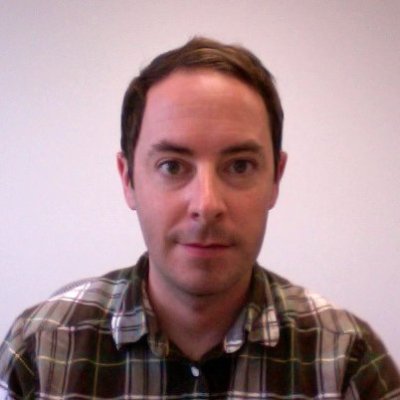 A few weeks ago we wrote about how the European Union is pushing ahead its support for open access to EU-funded scientific research and data. Today at the meeting of the Competitiveness Council of the European Union, the Council reinforced the commitment to making all scientific articles and data openly accessible and reusable by 2020. In its communication, the Council offered several conclusions on the transition towards an open science system:
A few weeks ago we wrote about how the European Union is pushing ahead its support for open access to EU-funded scientific research and data. Today at the meeting of the Competitiveness Council of the European Union, the Council reinforced the commitment to making all scientific articles and data openly accessible and reusable by 2020. In its communication, the Council offered several conclusions on the transition towards an open science system: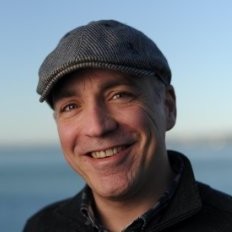 The Open Source Initiative (OSI) continues the work of exploring complexities surrounding the development and use of artificial intelligence in Deep Dive: AI – Defining Open Source AI, with the goal of collaboratively establishing a clear and defensible definition of “Open Source AI.” OSI is bringing together global experts to establish a shared set of principles that can recreate a permissionless, pragmatic and simplified collaboration for AI practitioners, similar to what the Open Source Definition has done.
The Open Source Initiative (OSI) continues the work of exploring complexities surrounding the development and use of artificial intelligence in Deep Dive: AI – Defining Open Source AI, with the goal of collaboratively establishing a clear and defensible definition of “Open Source AI.” OSI is bringing together global experts to establish a shared set of principles that can recreate a permissionless, pragmatic and simplified collaboration for AI practitioners, similar to what the Open Source Definition has done.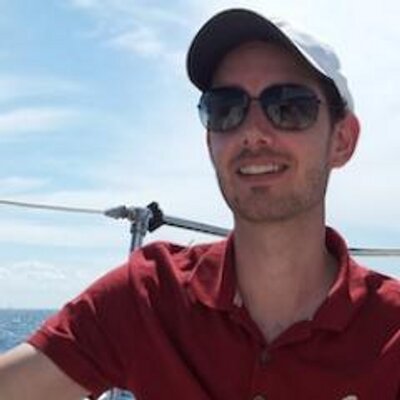 As a community we are capable of working together to achieve greater things. If we marshal our resources to work together, I believe we can unlock the cure for cancer. This is a rare opportunity. We need to change the models and shift our culture towards collaboration. We can’t just tweak around the edges — patients and their families can’t afford to wait. An alternative system, where all publicly-funded research and data are required to be shared would allow authors to unlock their content and data for re-use with a global audience, and co-operate towards new discoveries and analysis.
As a community we are capable of working together to achieve greater things. If we marshal our resources to work together, I believe we can unlock the cure for cancer. This is a rare opportunity. We need to change the models and shift our culture towards collaboration. We can’t just tweak around the edges — patients and their families can’t afford to wait. An alternative system, where all publicly-funded research and data are required to be shared would allow authors to unlock their content and data for re-use with a global audience, and co-operate towards new discoveries and analysis. As searches are centred on words – and not IP licence type, a problem is immediately created for providers of Open Access content. Ask any Open Access publisher, and they will tell you that one of their biggest challenges – if not the biggest – is discoverability. And here the most popular search engines are only partially helpful...If a researcher is specifically looking for Open Access content, as will increasingly be the case, they can of course go to a directory (Archie again!) such as DOAJ, but that is far from exhaustive and is not even fully searchable – it lists over 10,700 journal records, but only 6,800 are searchable at article level.
As searches are centred on words – and not IP licence type, a problem is immediately created for providers of Open Access content. Ask any Open Access publisher, and they will tell you that one of their biggest challenges – if not the biggest – is discoverability. And here the most popular search engines are only partially helpful...If a researcher is specifically looking for Open Access content, as will increasingly be the case, they can of course go to a directory (Archie again!) such as DOAJ, but that is far from exhaustive and is not even fully searchable – it lists over 10,700 journal records, but only 6,800 are searchable at article level. The first Open Textbook Summit in Africa was hosted in Cape Town on March 11-12 by Open Textbooks for Africa (OT4A). This two-day event bought together 45 local University lecturers, open education practitioners, and open textbooks experts from around the world. OT4A is a pilot project designed to support the adoption and adaption of currently available open textbooks as well as build and design our own textbooks to showcase African knowledge to the world.
The first Open Textbook Summit in Africa was hosted in Cape Town on March 11-12 by Open Textbooks for Africa (OT4A). This two-day event bought together 45 local University lecturers, open education practitioners, and open textbooks experts from around the world. OT4A is a pilot project designed to support the adoption and adaption of currently available open textbooks as well as build and design our own textbooks to showcase African knowledge to the world.